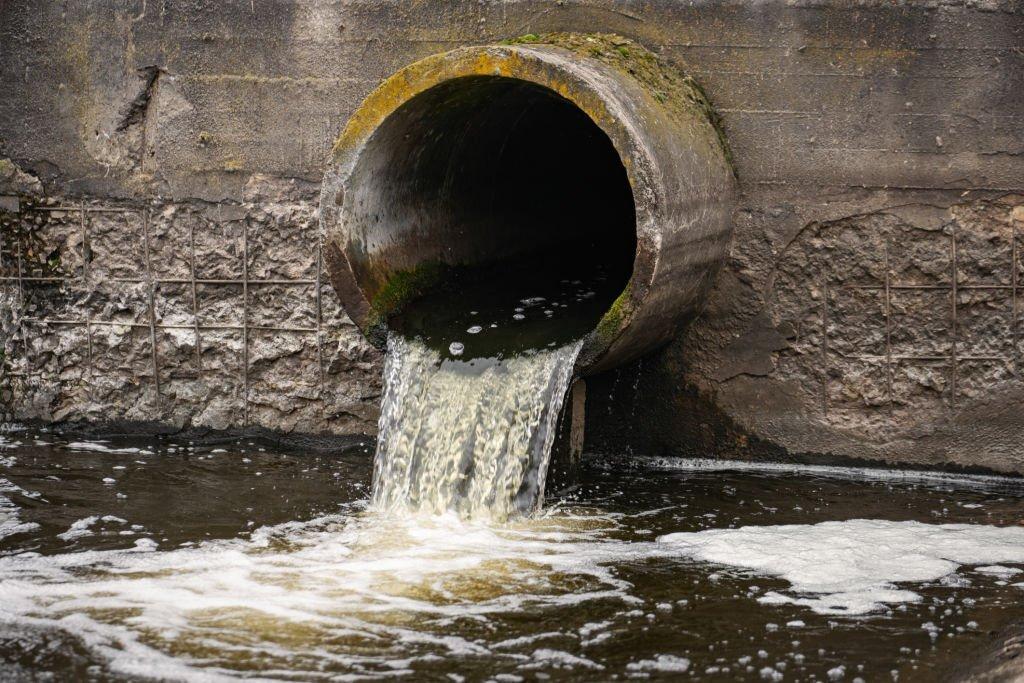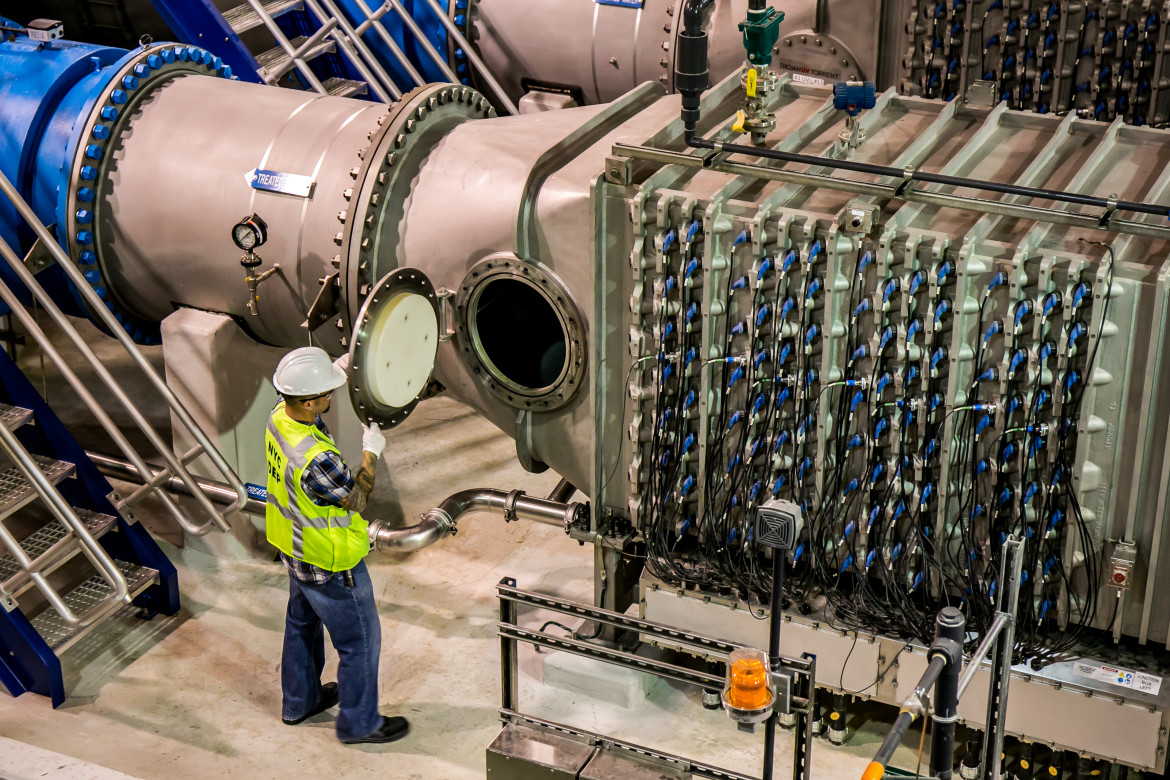Let’s talk about water…
Water is an essential resource for all living organisms and plays a critical role in supporting human life, agriculture, and industry. However, access to clean and safe water is not always guaranteed, and contaminated water can cause various health problems and other negative impacts on society. Selection of a particular water treatment method
As a result, it is more important than ever to treat water to ensure it is safe for consumption.
One of the primary reasons why it is essential to treat water nowadays is to remove contaminants and impurities that can harm human health. Many waterborne diseases, such as cholera, typhoid, and dysentery, are caused by microorganisms that can be present in untreated water. Selection of a particular water treatment method
These microorganisms can be removed or destroyed by treating water with methods such as disinfection, filtration, and coagulation, reducing the risk of waterborne illness.

There are several types of water that are considered in the water treatment process, including:
- Surface water: This includes water from rivers, lakes, and other surface water bodies. Surface water is generally more vulnerable to contamination than groundwater and often requires more extensive treatment to remove contaminants.
- Groundwater: This includes water that is sourced from underground aquifers. Groundwater is generally less vulnerable to contamination than surface water but can still contain impurities that require treatment.
- Seawater: Seawater is a type of saltwater that can be treated using a desalination process to remove the salt and make it suitable for use as drinking water.
- Wastewater: Wastewater is water that has already been used for a particular purpose, such as in households, industries or agriculture, and has been discharged into a sewer system. Wastewater can be treated to remove impurities before it is released back into the environment or recycled for other uses.
- Brackish water: Brackish water is a mixture of freshwater and seawater that is found in estuaries and other coastal areas. Brackish water can be treated using desalination processes to remove the salt and make it suitable for drinking water.
- Rainwater: Rainwater can be collected and treated as drinking water, particularly in areas where other water sources may be limited.
Each type of water has its own unique characteristics and may require different treatment methods to remove specific contaminants and impurities. The type of water being treated is an important consideration in the selection of a water treatment process.
In addition to protecting human health, treating water is also important for protecting the environment. Untreated water that is discharged into rivers, lakes, and other water bodies can have negative impacts on the surrounding ecosystem, potentially harming wildlife and damaging the environment.
By treating wastewater before it is released back into the environment, we can reduce the number of pollutants and contaminants that are introduced into natural waterways.(Granular filter media)
Water treatment is also essential for supporting agricultural and industrial activities. In many cases, water must be treated to remove impurities and contaminants before it can be used for irrigation or other agricultural purposes. Similarly, water must be treated to meet certain quality standards before it can be used in industrial processes or as a source of drinking water.
There are several factors that can influence the selection of a particular water treatment method, some of these factors include:
- Source of water: The source of water can influence the type of treatment required. For example, if the water is sourced from a surface water body, it may require additional treatment steps to remove contaminants such as algae, bacteria, and viruses.
- Quality of water: The quality of the water can determine the type and extent of treatment needed. For example, water that contains high levels of dissolved minerals may require additional treatment steps to remove these impurities.
- Purpose of water: The intended use of the water can also influence the treatment method selected. For example, water that is intended for drinking may require more extensive treatment steps to ensure that it is safe for consumption.
- Cost: The cost of the treatment method can also be a factor in the selection process. Some treatment methods can be more expensive than others, and the cost may need to be balanced with the benefits of the treatment.
- Environmental impact: The environmental impact of the treatment method can also be a factor in the selection process. Some methods may have a larger environmental footprint than others, and consideration may need to be given to the potential impact on the surrounding ecosystem.
- Regulations: Regulations can also influence the selection of a water treatment method. For example, there may be specific regulations in place that require certain treatment steps to be taken to ensure that the water meets certain standards for quality and safety.
The importance of treating water is heightened in the face of global climate change. As weather patterns become more extreme and natural disasters become more frequent, the risk of water contamination and scarcity is likely to increase. Selection of a particular water treatment method
“By treating water, we can ensure that we have a reliable and safe source of water, even in the face of these challenges.”
Zeomedia
In conclusion, treating water is a crucial component of ensuring public health, protecting the environment, supporting agricultural and industrial activities, and preparing for the challenges of global climate change. As such, it is more important than ever to prioritize water treatment and invest in the development and implementation of effective treatment technologies.
By doing so, we can help ensure that water remains a safe and reliable resource for generations to come.
Any solution?
Zeomedia is the only highly efficient zeolite-based filter media that has been chemically cleaned to optimize its quality and performance.
It generates 60% less waste of water and energy in backwashes per year and up to 50% better filtration quality. It can also increase the production capacity of an existing plant by at least 30% or reduce the number and sizes of filters required per project by half.
Sound good, right? Let’s talk…
Tel: +52 81 3849 5959
Email: sales@zeomediafilter.com





